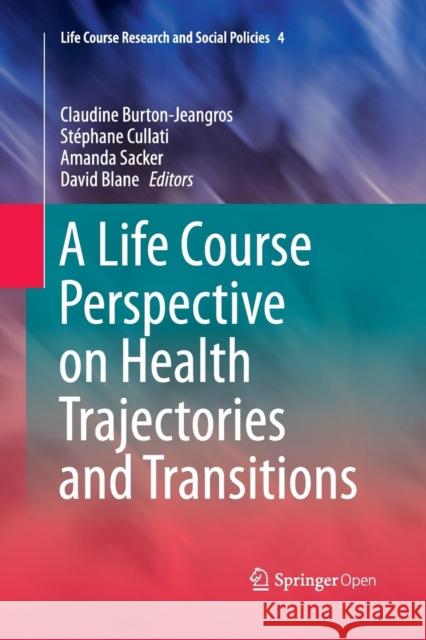A Life Course Perspective on Health Trajectories and Transitions » książka
topmenu
A Life Course Perspective on Health Trajectories and Transitions
ISBN-13: 9783319372440 / Angielski / Miękka / 2016 / 213 str.
Kategorie BISAC:
Wydawca:
Springer
Seria wydawnicza:
Język:
Angielski
ISBN-13:
9783319372440
Rok wydania:
2016
Wydanie:
Softcover Repri
Numer serii:
000450909
Ilość stron:
213
Waga:
0.31 kg
Wymiary:
23.39 x 15.6 x 1.17
Oprawa:
Miękka
Wolumenów:
01
Dodatkowe informacje:
Wydanie ilustrowane











